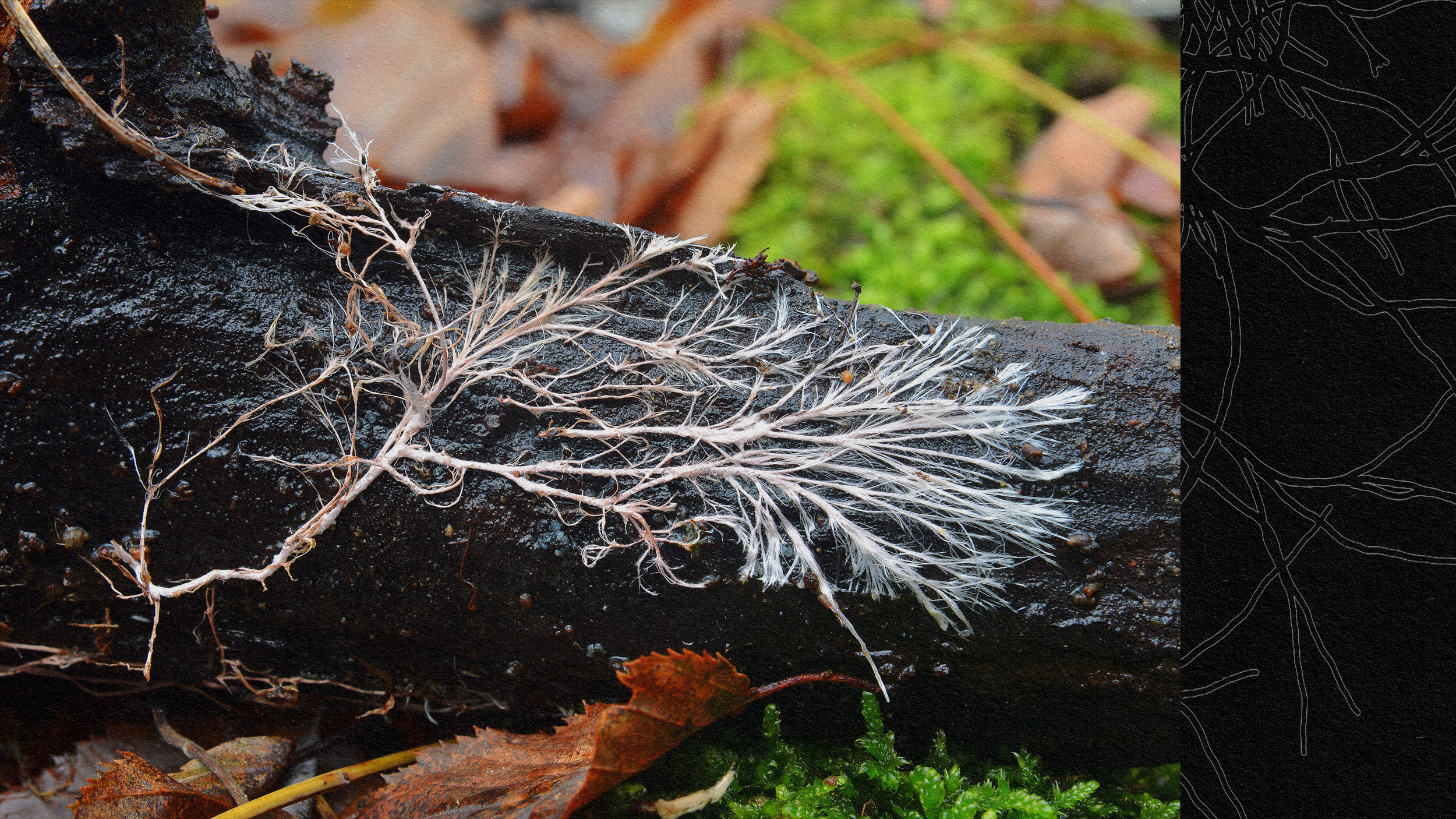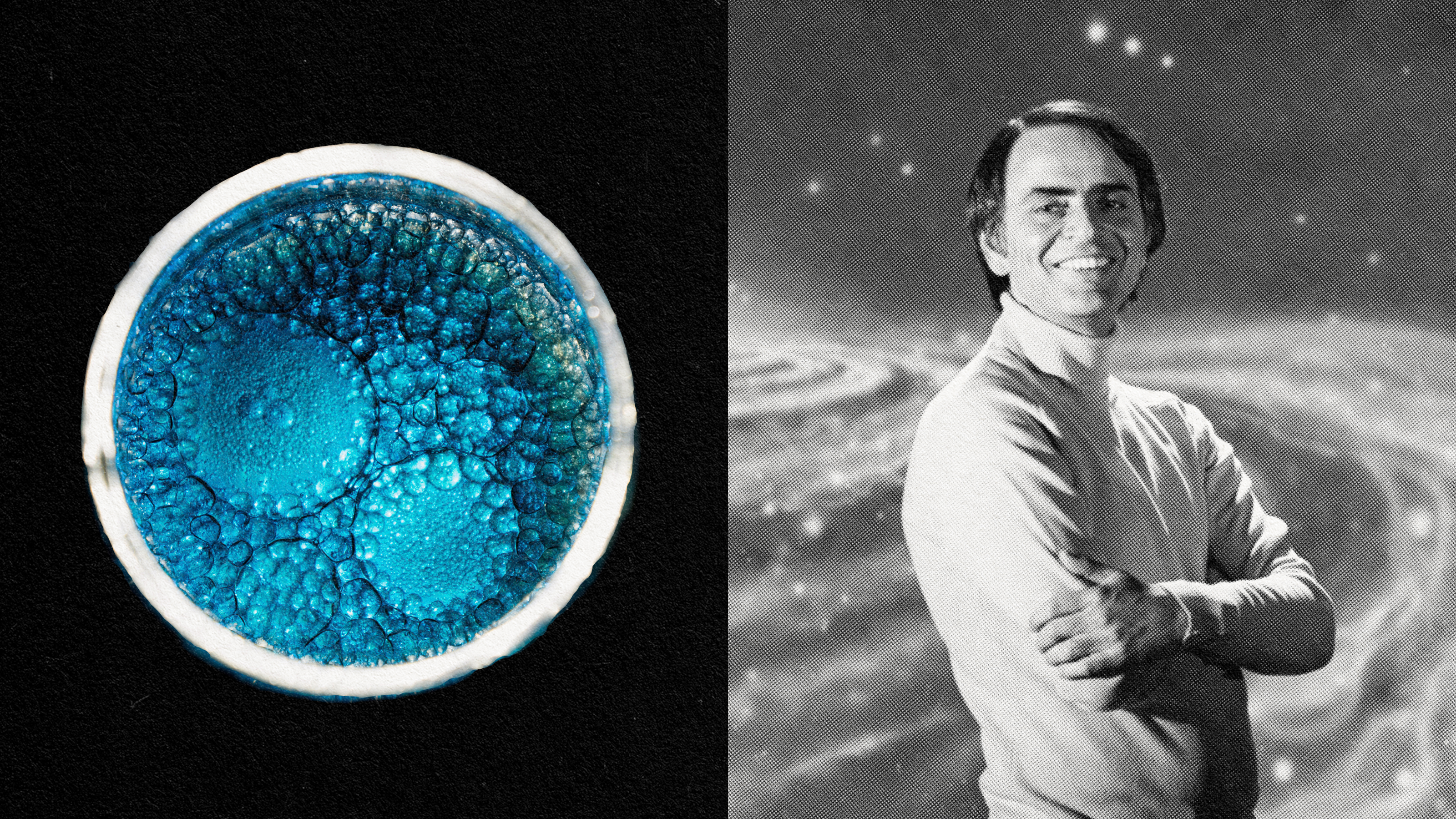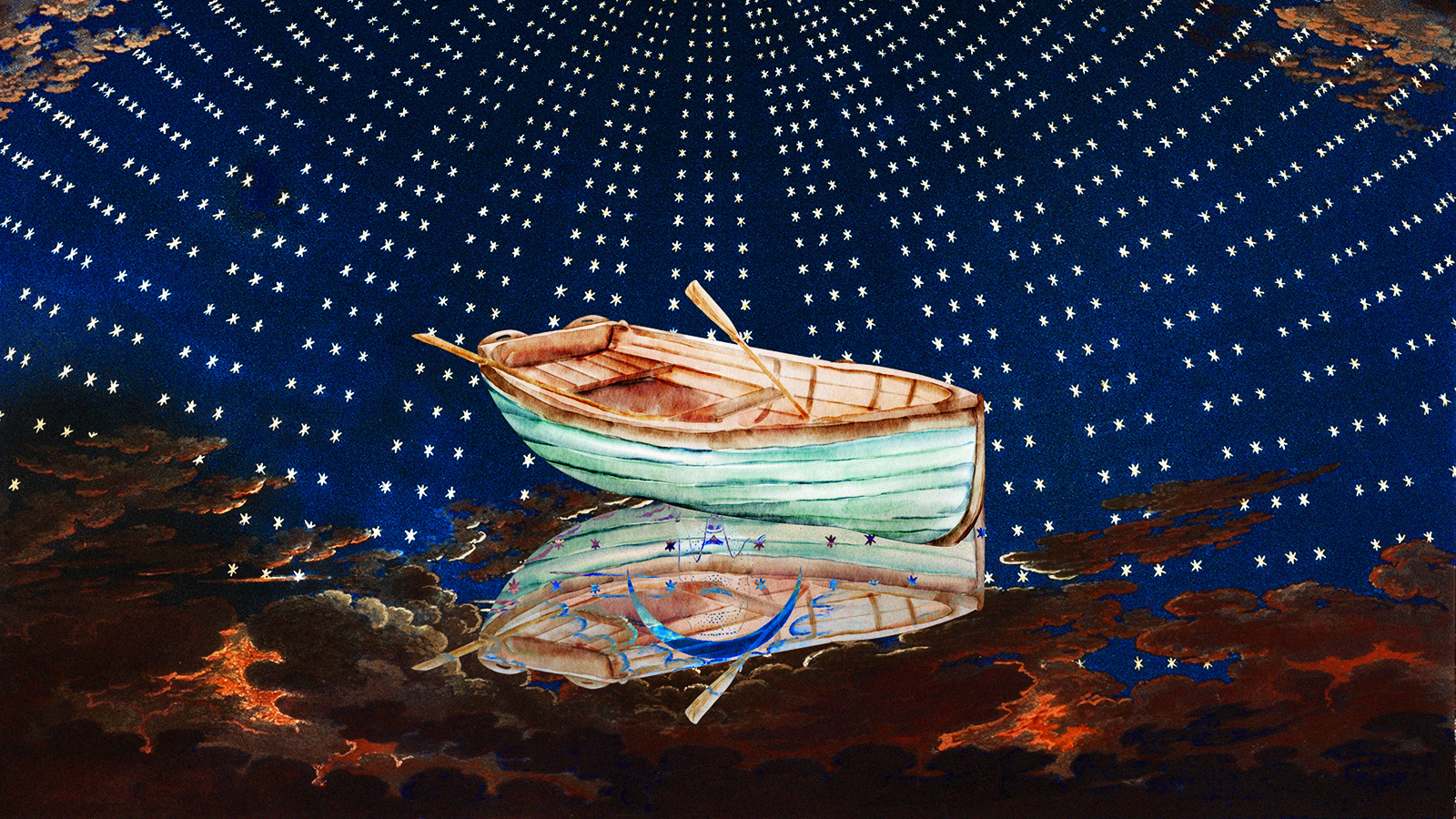What humanity can learn from the “internet” of mushrooms

- Humanity is part of a living planetary system — a thriving cosmos — that is self-organizing and self-healing.
- Mushrooms create an organic “internet” with other organisms for communication, water location, nutrient exchange, and mutual defense.
- Inspired by organic interdependence, humanity can think holistically; our response to global crises can be seen as a spiritual challenge.
We live in stark times. Across the world, nations are colored by intensifying rancor and hostility. A sharp tableau of deepening division and civic unrest rises against a backdrop of mounting political authoritarianism. Even long-standing democracies are proving vulnerable to threat or dissolution. Political, racial, ethnic, religious, and sectarian conflicts wage again or anew, while global arms traders, regional drug cartels, and every platform for local and international organized crime continue to profit. War refugees, climate migrants, and weary travelers of all stripes face outright persecution and hidden indignities. In many places, the poor grow poorer, while indigenous peoples experience continued suppression and denigration, if not protracted extermination. Tribal lands are newly stolen, occupied, or spoiled; ancient rites are desecrated and lifeways dishonored; and ancestors are disrespected or forgotten — all while our planet’s life-giving forests burn unmitigated and its rivers and oceans grow steadily more toxic. Traumatized persons haunt traumatized landscapes.
Yet, however dire, these realities need not be read as signs of certain apocalypse. We belong to a living planetary system — a living, thriving cosmos — that is self-organizing and self-healing. Humans are not apart from nature; we are of nature. Regardless of humanity’s current condition, we are never truly separate or even solely individual; we are members of a radical, co-evolving whole. Pearls in Indra’s net, we belong to and arise from the “great distributive lattice,” the elegant cosmic web of causal interdependence.
Consider these things: the impossibly delicate watermeal, a flowering aquatic plant smaller than a grain of rice, is rootless and free floating. Yet, it can locate and connect with just one or even thousands of its own kind, as well as with tiny plants of other species, to form life-sustaining mats across the surface of a placid duck pond. And this: the simple, humble mushroom, which sends its delicate fibers (mycelia) deep into the ground in a widely arcing radius. By casting a net from these tiny probing filaments, the fungus links itself to the roots of nearby plants, trees, and other fungi — and in the process connects each to the other. This organic “internet” produces a symbiotic mechanism for communication, water location, nutrient exchange, and mutual defense against infection, infestation, and disease.
The presence of fungal mycelia allows nearby trees to communicate across distances, alerting other trees, even those of different species, to the presence of invading insects, thereby signaling the production of biochemical repellent defenses. Almost magically, trees use mycelia to transfer essential nitrogen, carbon, and phosphorous, sustaining the life and health of not only those trees but the entire local ecosystem of plants, insects, animals, and even humans.
Perhaps more astonishingly, fungal mycelia have proven to be cheap, abundant, and powerful natural remediators of many types of toxins left behind in soil and wastewater: heavy metals, petroleum fuels, pesticides, herbicides, pharmaceuticals, personal care products, dyes, and even plastics. Fungal mycelia naturally break down offending pollutants, creating cleaner, safer, healthier land and water.
The fungus links itself to the roots of nearby plants, trees, and other fungi — and in the process connects each to the other.
If a life-form the size of a pinhead (the watermeal) or one seemingly as simple as a mushroom can reach out to other species to do any or all of these things — self-organize, connect, communicate, assist, protect, defend, heal, and restore — why couldn’t humans? After all, we too belong to nature. Perhaps each of these qualities (and many more) are imbued in us — inbuilt characteristics of what it means to be alive on this particular planet, orbiting this particular star, in this particular galaxy. Perhaps intelligent interdependence is our natural, even sacred, endowment, one we can lean into, enhance, and strengthen in service of our own species, and all others.
After all, the refusal to honor our interdependence and enact healthy and sustained relations have caused no end of suffering. If the underlying challenge of climate change (or any other wicked or systemic social problem) can be traced to human disrelation — a state of being out of accordance with nature, ourselves, and other humans — then I propose it to be a fundamentally spiritual problem, as much as an environmental, scientific, technological, cultural, psychological, economic, or historical one.
To construct an adequate or sufficiently innovative response to the challenge, we must think holistically. It is time to bridge East and West, to marry the wisdom of our ancient and longstanding spiritual traditions to the revelations of contemporary science. As we bring the power of scientific insight to bear on our understanding of modern social ills, we may amplify our capacity to integrate that information with the rich awakening practices of consciousness offered by our world’s mystical traditions. In this way, we may awaken to and further develop our most intrinsic biological gifts: the powers to self-organize, connect, communicate, assist, protect, defend, heal, and restore.





